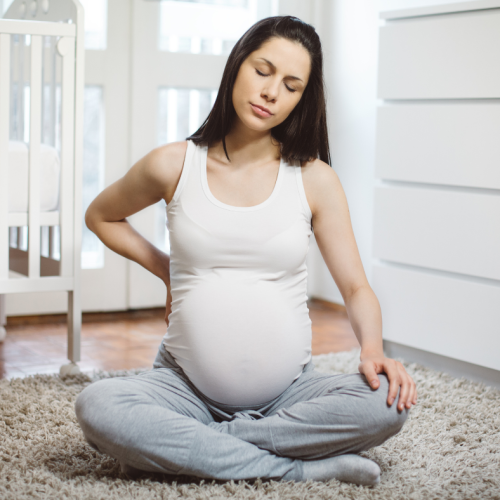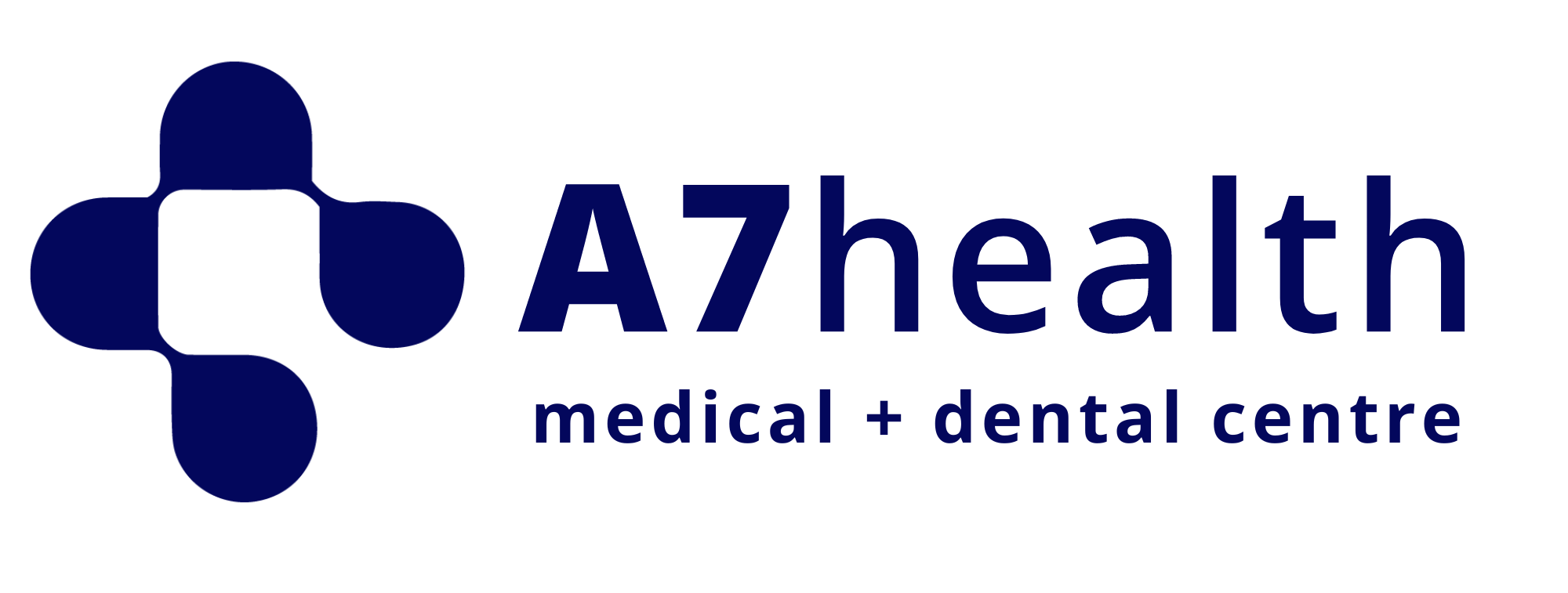Pregnancy Back Pain
Back pain during pregnancy is very common. Most women report that back pain is the most common and uncomfortable side effect of pregnancy. It is not unusual to also experience joint pain, stiffness and aching in the knees, hips, fingers, elbows and ankles.
Experienced Physiotherapists and Biokineticists at A7 Health treat this pain. The initial back pain you feel in pregnancy may be a sign that your body is preparing for birth. The severity of pain also varies depending on whether you are in the first, second or third trimester. There are several contributing factors. The 3 main causes are:

- Hormone changes
- Change in posture
- Weight gain
Hormone changes
During pregnancy, your body produces hormones to relax the muscles, joints and ligaments to prepare your body for labour. This can put a strain on the joints of your lower back and pelvis, which can cause back pain.
Change in posture
As the baby grows, it puts extra pressure on the muscles and skeleton. This changes the posture and center of gravity to accommodate the growing fetus. At the same time, the abdominal walls weaken and the muscles become more strained, resulting in a combination of body aches and pains. From the middle of the second trimester, the baby’s growth accelerates, and by the third trimester, the baby may double in size. This means that the body will have to adjust very quickly to make the necessary space.
Gaining weight
In addition to all the other changes, weight gain during pregnancy occurs in a relatively short period of time and this exerts sudden and traumatic pressure on the joints (knees, hips, lower back, ankles).
What you can do to reduce pain during pregnancy:
Below are other options for home care:
Stay active – Moderate exercise, such as walking, has been shown to help relieve back pain during pregnancy. Stretching can help relieve sore muscles. If you are not sure what exercises to do, join an exercise class with an expert in working with pregnant women.
Get support – A belly support belt can help with lower back and pelvic pain by providing better support for the abdominal wall and muscles.
Keep your pregnancy weight-gain in check – It is recommended that women with a normal BMI (18.5-29.4) gain a total of between 11 and 16 kilograms.
Consult with your doctor – Everybody is different and there are many factors that affect your health and the health of your unborn child. Consult your doctor or gynaecologist before changing your diet, taking medications, or making any major lifestyle changes
Treatment at A7 Health for Back Pain during Pregnancy:
Get Physiotherapy – Book an appointment with a Physiotherapist at A7 Health who will assess you in a 45 minute consultation and provide treatment alongside a treatment plan to manage your pain. Some of the treatments include:
- Lower back mobility exercises.
- Massage for pain relief.
- Mobilisations on any stiff joints such as your hips, lumbar spine joints or the sacroiliac joint (SIJ).
- Pelvic floor strengthening exercises.
- Strengthening exercises for your abdominal muscles.
Join an exercise class/session (with a Biokineticist) – Moderate exercise, such as walking, has been shown to help relieve back pain during pregnancy. Stretching can help relieve sore muscles. Join an exercise class led by an A7 Health Biokineticist who will teach you exercises that will strengthen and relax muscles and help you to reduce the likelihood of pain during your pregnancy. These exercises will also help you with delivery and recovery after you give birth.
